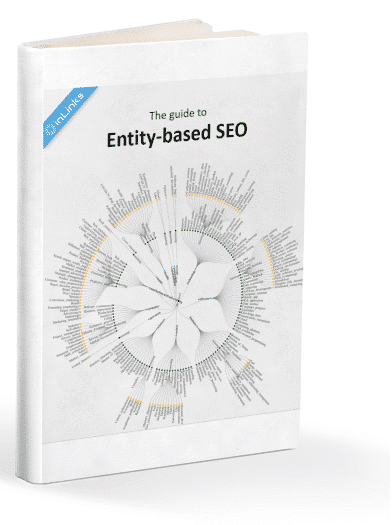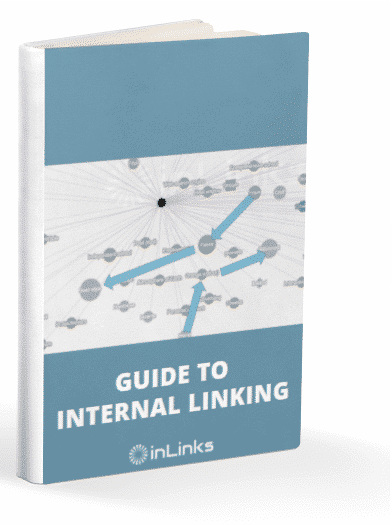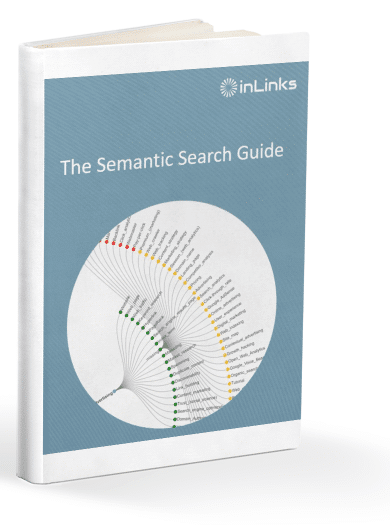This month the Knowledge Panel show discusses how to use your analytics package for content-driven websites – hosted by Genie Jones, with Sara Taher and Marco Giordano.

Sign up below to watch future episodes live…
Want to Read Instead? Here is a Summary
Welcome to Episode 35 of The Knowledge Panel Show, where we dive into the world of analytics for content websites. In this episode, our panelists – Marco Giordano and Sarah Taylor – share insights into how analytics informs content strategies. Let’s dive right in!
Introducing Our Panelists: Marco Giordano and Sarah Taylor
Marco Giordano, a Content SEO expert and data analyst, sheds light on the intersection of data and content. Sarah Taylor, with nine years of SEO experience, provides valuable perspectives on data-driven decision-making in content strategies.
Understanding Analytics: The Purpose and Impact
Analytics involves uncovering patterns in data to generate insightful questions or drive experiments. Analytics serves as a discipline to ask good questions, test hypotheses, and derive conclusions from data. Marco emphasizes the importance of descriptive analytics to form meaningful questions based on data.
Sarah adds that in real life, decisions are often made based on information, experiences, and historical patterns. Similarly, analytics in the digital world offers insights by looking at various metrics, both within and outside the realm of SEO.
Evolving Landscape of Content Website Analytics
Over the past five years, analytics for content websites has expanded beyond mere rankings and sessions. There’s a broader understanding of metrics and their implications before and after content creation. However, the industry still lacks comprehensive literature and recognition when compared to other sectors.
Key Metrics: Insightful Measures for Content Websites
Marco suggests moving beyond basic metrics like clicks and impressions. He highlights two essential custom metrics:
Unique Query Count: By aggregating queries per page, this metric gauges page importance, aiding analysis.
Content Decay: Measure a page’s progress over time using a metric that reflects continuous performance, not just point-wise comparisons.
Sarah adds that metrics depend on specific goals. Consider metrics related to pages published, crawled, keywords, conversions, and traffic. She also advocates considering costs, a vital but often overlooked factor.
Common Misconceptions and Pitfalls in Analytics
Misinterpretation of data and assumptions vs. conclusions are common pitfalls. Data-driven decisions need the human component to interpret and decide upon data insights. Also, including data from various channels, not just SEO, prevents biased decision-making.
Additionally, rushing to optimize “money pages” without analyzing their true potential can be misleading. A holistic view of data, including performance across channels, is essential.
Balancing Data and Creativity
Creativity and data don’t have to clash. Marco and Sarah emphasize the synergy between both. While data informs decisions, creativity sets content apart in an AI-driven landscape.
Sarah suggests integrating data and creativity seamlessly. Use data as an inspiration tool and let creativity guide content creation. They complement each other, ensuring valuable and unique content.
Creating Content that Counts: Analytics in Action
Taking analytics-driven insights and creating compelling content is an art. Begin with data insights, understand what resonates with your audience, and craft content that addresses their needs. Experiment with creative angles, tone, and storytelling techniques that align with your brand.
Consider data on page performance, audience engagement, and conversion rates. Let data guide content optimization, but infuse creativity to make it stand out.
In the latest episode of The Knowledge Panel Show, two SEO experts, Sarah and Marco, delve into the world of content creation and how analytics play a pivotal role in shaping effective strategies. They share valuable insights, tips, and tools that can empower content creators to make data-driven decisions. Here’s a breakdown of the discussion:
The Three Key Content Creation Approaches
Sarah kicks off the discussion by highlighting the three primary approaches to content creation: creating new content, updating existing content, and removing outdated content. She emphasizes the importance of data in determining which approach to take and how analytics can guide these decisions.
Leveraging Analytics for Effective Content Creation
Both Sarah and Marco stress the significance of data in guiding content creation strategies. They discuss the role of keyword data, competitor analysis, and social media insights in identifying content gaps and trends. Marco further breaks down the process, suggesting a priority-based approach that aligns content with its value, buyer journey, and performance metrics.
Selecting Tools and Platforms for Analytics
The conversation moves to tools and platforms that facilitate effective website analytics. Sarah and Marco recommend a variety of tools, including Screaming Frog, Ahrefs, SEMrush, Google Analytics, and Google Search Console. They also discuss the importance of visualization tools like Tableau and Power BI for creating compelling reports.
The Art of Reporting and Communication
Delivering analytics insights to stakeholders involves striking a balance between complexity and simplicity. Sarah and Marco stress the need to tailor reports to the audience’s level of understanding. They advocate for transparency while avoiding data overload, and they discuss the challenge of conveying accurate data when dealing with limitations in third-party tools.
Ethical Considerations in Data Reporting
The experts touch on the ethical implications of data reporting, emphasizing the importance of data accuracy, transparency, and protection. They stress the need to clean and validate data, as well as the responsibility to safeguard client information. Marco shares insights into the limitations of SEO data and advises relying on reputable sources.
Resources for Aspiring Analytics-Driven Content Creators
Sarah suggests diving into analytics tools such as Google Analytics and Google Search Console to gain hands-on experience. Marco recommends reading resources like Elias Dabbas’s articles and exploring mainstream analytics books such as “Data Literacy in Practice” and “Business Analytics” for foundational knowledge.
Final Thoughts and Community Support
Both experts conclude by encouraging aspiring content creators to engage with subject matter experts and communities like Women in Tech SEO. They stress the value of asking questions, learning from others, and honing skills to succeed in the dynamic field of analytics-driven content creation.
Mark Your Calendar for the Next Episode
The Knowledge Panel Show’s next episode, scheduled for June 19th, will explore the topic of becoming an SEO freelancer. Don’t miss out on expert insights and valuable discussions. Stay informed by signing up at knowledgepanelshow.com.
With these insights, content creators can harness the power of analytics to enhance their content strategies, drive performance, and achieve impactful results.





Leave a Reply
Want to join the discussion?Feel free to contribute!